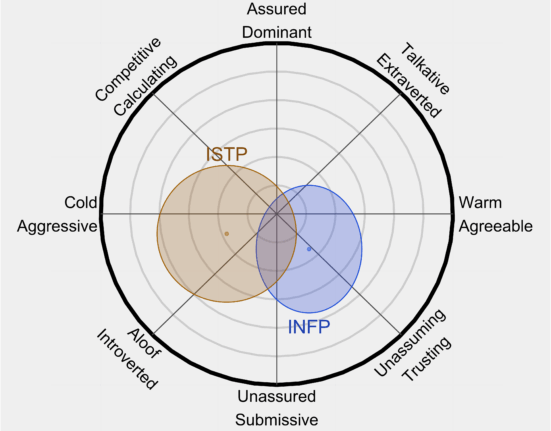Decades of research, countless studies, and medical breakthroughs – yet the battle against measles persists. In a bold move that has stirred controversy and sparked debates across the nation, Robert F. Kennedy Jr., Health and Human Services Secretary, has chosen to chart an unorthodox path in combating the recent measles outbreak.
As the United States grapples with its most significant measles wave in a quarter-century, Kennedy’s decision to veer from the traditional course of promoting vaccination as a primary defense mechanism against the virus has raised eyebrows and garnered mixed reactions. Instead of advocating for widespread immunization programs, he is steering federal health agencies towards exploring alternative treatments for measles, which includes delving into the potential benefits of vitamins.
The landscape is grim; large swathes of the Southwest reel under the devastating impact of this highly contagious disease. With vaccination rates plummeting and communities besieged by misinformation campaigns questioning vaccine safety, hundreds have fallen ill while tragically claiming precious young lives along its ruthless path.
In light of these dire circumstances, Mr. Kennedy’s strategic shift towards investigating new treatment avenues marks a pivotal moment in public health discourse. Amidst mounting criticism surrounding his leadership during this crisis, doubts loom whether his approach might erode already fragile public trust in established vaccines as indispensable shields against preventable diseases like measles.
Critics argue that Mr. Kennedy’s emphasis on unproven remedies such as cod liver oil supplements could potentially undermine confidence in scientifically proven solutions like the M.M.R. shot – a vaccine demonstrating an impressive 97% effectiveness rate in thwarting measles infections.
“We don’t want to send the signal that you don’t have to get vaccinated because there’s just a way to get rid of it,”
cautioned Jennifer Nuzzo, an esteemed epidemiologist at Brown University School of Public Health. The delicate balance between exploring innovative treatments and upholding vaccination priorities hangs precariously amidst this delicate juncture.
At its core lies a fundamental question – can alternative therapies truly offer substantive relief against an age-old nemesis like measles? Michael Osterholm, an acclaimed epidemiologist at the University of Minnesota sheds light on this quandary by stating that various vitamins and medications have already undergone extensive scrutiny as prospective aids in battling measles.
As skepticism swirls around RFK Jr.’s unconventional strategy during this intensifying crisis, only time will reveal whether his gamble will yield dividends or plunge us deeper into uncertainty and peril amidst one of America’s most severe public health predicaments in recent memory.








Leave feedback about this